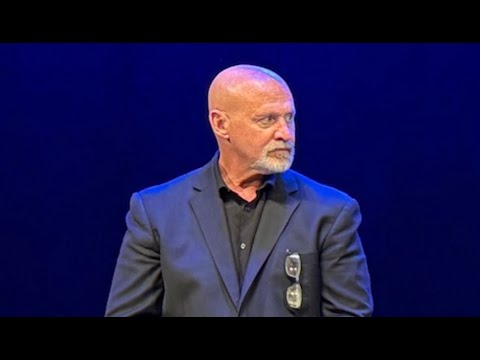The number of coronavirus cases in the United States crossed the 11 million mark on Sunday reaching yet another grim milestone, as the third wave of COVID-19 infections surged across the country.
The pace of the pandemic in the United States has quickened, Reuters data shows, with one million more new cases from just eight days ago when it hit 10 million, making it the fastest since the pandemic began. This compares with 10 days it took to get from 9 to 10 million and 16 days it took to reach 9 million from 8 million cases.
The United States, hardest-hit by the coronavirus, crossed 10 million COVID-19 cases on 8 November and was reporting over 100,000 daily cases for the past 11 days straight.
The latest 7-day average, shows the United States is reporting more than 144,000 daily cases and 1,120 daily deaths, the highest for any country in the world.
Texas and California have reported the highest number of COVID-19 infections across the United States, together accounting for about 2.1 million cases or about 19% of the total cases since the pandemic began, according to Reuters analysis.
As COVID-19 related hospitalisations continue to rise, crossing 69,000 on Saturday, US President-elect Joe Biden’s top advisors have stressed the need to control the pandemic, warning that local healthcare systems are at a tipping point.
They warned that Republican President Donald Trump’s transition delay could further jeopardise the battle against the rampaging virus, including vaccine distribution planning, and urged Congress to immediately pass bipartisan financial relief even before mr Biden takes office on 20 January.
“We are in a very dangerous period,” Dr Michael Osterholm, a member of Mr Biden’s COVID-19 Advisory Board and director of the University of Minnesota’s Center for Infectious Disease Research and Policy, told NBC News.
Unless action is taken now, “we’re going to see these numbers grow substantially,” Dr Osterholm warned. “Our future’s in our hands.”
Midwest hardest hit
The Midwest remains the hardest-hit region based on the most cases per capita with North Dakota, South Dakota, Wisconsin, Iowa and Nebraska the top five worst-affected US states.
Illinois, which has emerged as the pandemic’s new epicenter in the region as well as across the country, reported a record 15,433 new cases on Friday, the most of any state in a 24-hour period, surpassing the previous all-time high of 15,300 set by Florida in July.
Several states this week reimposed restrictions to curb the spread of the virus across the nation. North Dakota became the latest state to require that face coverings be worn in public, as it joins 39 other states this month in reporting record daily jumps in new cases.
State governors urged residents to stay home as much as possible, including Nevada Democrat Steve Sisolak, who said late on Friday that he became the fourth governor to become infected with the virus.
Ron Klain, Mr Biden’s incoming White House chief of staff, on Sunday urged Congress to immediately pass COVID-19 relief legislation with new restrictions certain to take a toll.
“This could be a first example of bipartisan action post-election,” Mr Klain told NBC. He said Mr Biden has spoken to congressional Democratic leaders, but not to Senate Republican leader Mitch McConnell, who has so far refused to publicly acknowledge Mr Biden as president-elect.
Mr Klain said there had been no formal contact between Mr Biden’s advisory panel and the White House Coronavirus Task Force, which requires transition authorisation from the General Services Administration.
“It’s really important in the smooth handing over of the information,” top US infectious disease expert and White House task force member Dr Anthony Fauci told CNN’s “State of the Union” program. “It’s almost like passing a baton in a race, you don’t want to stop and give it to somebody, you just want to essentially keep going.”
The United States accounts for about 20 per cent of more than 54 million global cases and close to 19 per cent of the 1.31 million deaths reported worldwide.






